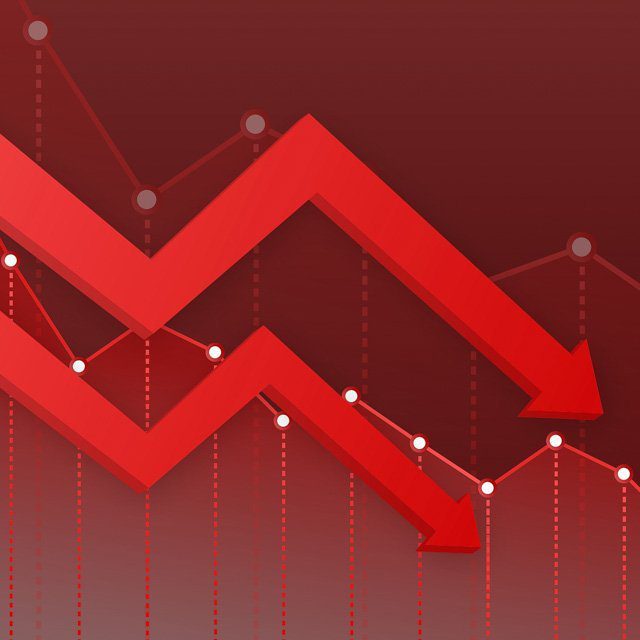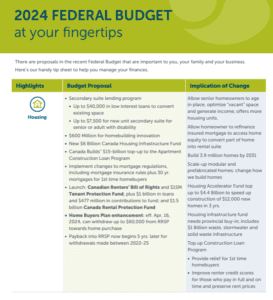Stock Selloff Gets Ugly as Recession Jitters Mount

Stocks tumbled around the globe as recession fears resurfaced, with the Federal Reserve struggling to get on top of inflation that has proved more persistent and widespread than officials anticipated.
The S&P 500 headed toward its lowest since December 2020, while the Nasdaq 100 sank almost 5%.
The deal spread on Elon Musk’s proposed takeover of Twitter Inc. widened as the billionaire wasn’t directly asked and didn’t address the issue on whether he’s committed to buying the social-media firm during a staff meeting.
Homebuilders slid as mortgage rates jumped the most since 1987.
The dollar fell as central banks in Europe stepped up their monetary policy tightening — promising to narrow the gap between rates there and in the US. Treasuries were mixed, with two-year yields dropping and 10-year rates topping 3.3%.
Bitcoin unwound a gain of as much as 6.1%, heading toward its longest losing streak in Bloomberg data going back to 2010.
Declaring that it’s essential to tame inflation, Jerome Powell engineered the biggest rate increase since 1994 Wednesday and held out the distinct possibility of another jumbo hike in July.
While the Fed chief sought to soften the blow of the 75-basis-point boost, saying he didn’t expect such moves to be the norm, he tacitly admitted the chance of an economic downturn.
“We’re worrying about growth and where the Fed takes us ultimately,” said Chris Gaffney, president of world markets at TIAA Bank. “Yesterday everybody said, ‘Oh good, the Fed is doing something aggressive, they’re going to get aggressive, they’ll try to catch up to the inflation curve.’ But now, you’re looking at it and saying, ‘Yeah, but are they chasing something they’re not going to be able to catch?’”
The central bank looks on course to lose money next year as it raises short-term rates, said former New York Fed President William Dudley. The losses won’t impact the ability to conduct monetary policy, but they will dissuade officials from selling mortgage-backed securities, he noted.
While inflation is “out of control,” the Fed is doing the best it can given its limited tools, Orlando Bravo said. Despite the carnage we’ve seen across the stock market, valuations still have much further to fall, according to Jim Chanos, the president and founder of Chanos & Company LP.
The S&P 500 now implies an 85% chance of a US recession amid fears of a policy error by the Fed, according to JPMorgan Chase & Co. The warning from quant and derivatives strategists is based on the average 26% decline for the gauge during the past 11 recessions and follows its collapse into a bear market.
One technical indicator of US stocks shows the extent of the recent slump, while offering a whiff of optimism that it will soon come to an end.
The percentage of S&P 500 members that are trading above their 50-day moving average sank below 5% this week, the lowest level since Covid-19 fears battered shares more than two years ago.
Both that selloff and the one that hit markets in late 2018 reversed course shortly after seeing a similar share of stocks dip below the closely watched technical average.







